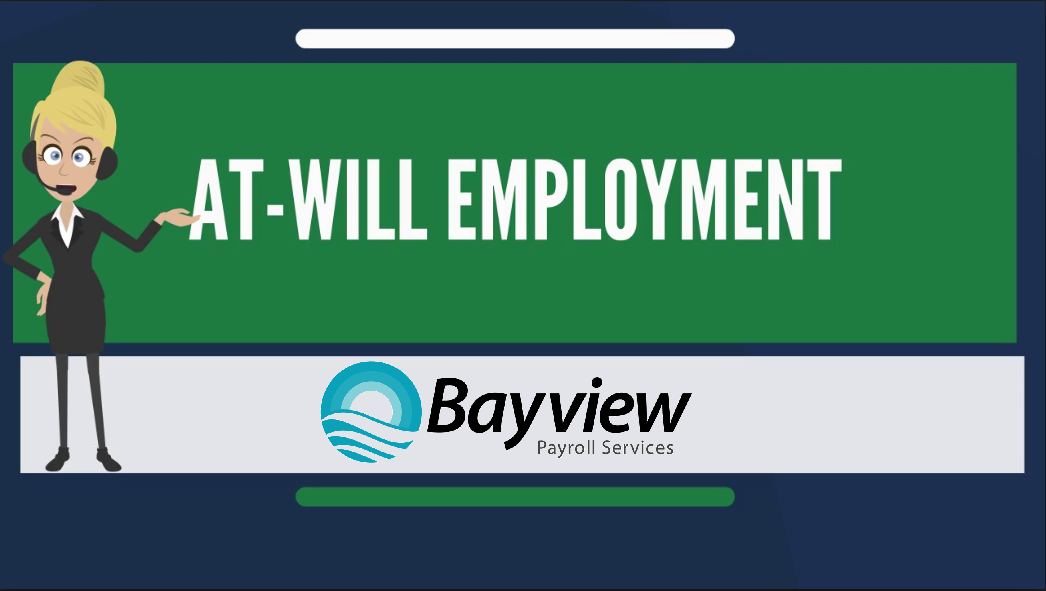
And Now A Word From Our HR Support Center
Requirements for Classifying Workers as Independent Contractors
There are a variety of reasons that an employer might want to classify a worker as an independent contractor (IC). The most compelling are usually the tax savings and the administrative time savings of not having to put that individual on payroll. Often employers believe that if they hire a temporary employee, this option is available to them since it seems to make sense that you shouldn’t have to jump through as many hoops when only employing someone for a few days or even a few months. Other employers believe that a worker's consent to being classified as an IC is all that is necessary.
Unfortunately, no matter how good the reason or how short of a time the worker works for you, if they don’t pass the tests established by the Department of Labor (DOL) and IRS, they must be classified as an employee. Failure to do so could result in significant penalties due to both wage and hour and tax withholding violations.
Thankfully, the DOL and IRS tests are quite similar, and a worker who looks like an IC under one test will likely look the same when the other test is applied. Here we have provided the DOL’s test.
The DOL Test: Economic Realities
The Department of Labor identifies six points of evaluation:
Whether the work is integral to the business
The more integral the work, the most likely you have an employee. For instance, a chef, server, or general manager in a restaurant does work that is unquestionably integral to the business and what it offers to its patrons. Those people will be employees. On the other hand, someone who a restaurant hires to redesign the menu is doing work that is not integral to the business, and therefore is more likely to qualify as an IC.
Whether the worker’s managerial skills affect their opportunity for profit or loss
This refers to hiring and supervision of workers, as well as resource management. If the worker’s skills in these areas directly impact their ability to make money, they are more likely to be an independent contractor. If these skills only benefit the company, the person is more likely an employee.
The relative financial investments in facilities and equipment as well as risk of loss
To be an IC, the worker must make some investment that indicates they are in business for themselves. Simply purchasing items needed for use in doing a job for a particular employer is not enough. For instance, purchasing specialty software required by an employer is not necessarily strong evidence of being an independent contractor, whereas purchasing a laptop, software suite, and other tools of the trade that can be used on multiple jobs makes a stronger argument for IC status.
Skill and initiative used elsewhere
If a worker is using their unique skills and business initiative to procure other work, this is a good indicator that they are an IC. That said, simply having another job in the same field doesn’t make IC classification a sure thing; the worker should be exercising business judgment in a way that makes them economically independent from the employer.
Permanency of the relationship
Open-ended employment relationships are more likely to indicate that a worker in an employee, since ICs are often hired for specific time-limited projects. That said, the fact that a worker has been hired on a temporary or seasonal basis is almost a non-factor if the other elements of the test are pointing toward employee status.
Nature and degree of control
Think about who sets pay amounts and work hours and who determines how the work is performed, as well as whether the worker is free to work for others and hire helpers. An IC generally works free from control by the employer (or anyone else, including the employer’s clients). Be wary, though: a worker’s control of their own work hours is not necessarily indicative of IC status, nor is the fact that a worker works from home. If the employer is still exerting significant control over how the work is done, flexible location and hours will not be relevant.
Unfortunately, this test cannot be treated like a True/False test that a worker will either pass or fail. Rather, it requires that employers balance the evidence on each side of the equation and come to their own conclusion. Additionally, no single question will be determinative in how to classify a worker; you must consider all the factors in a test.
A Florida Payroll Company
(954) 299-5978 | info@bayviewpayroll.com





